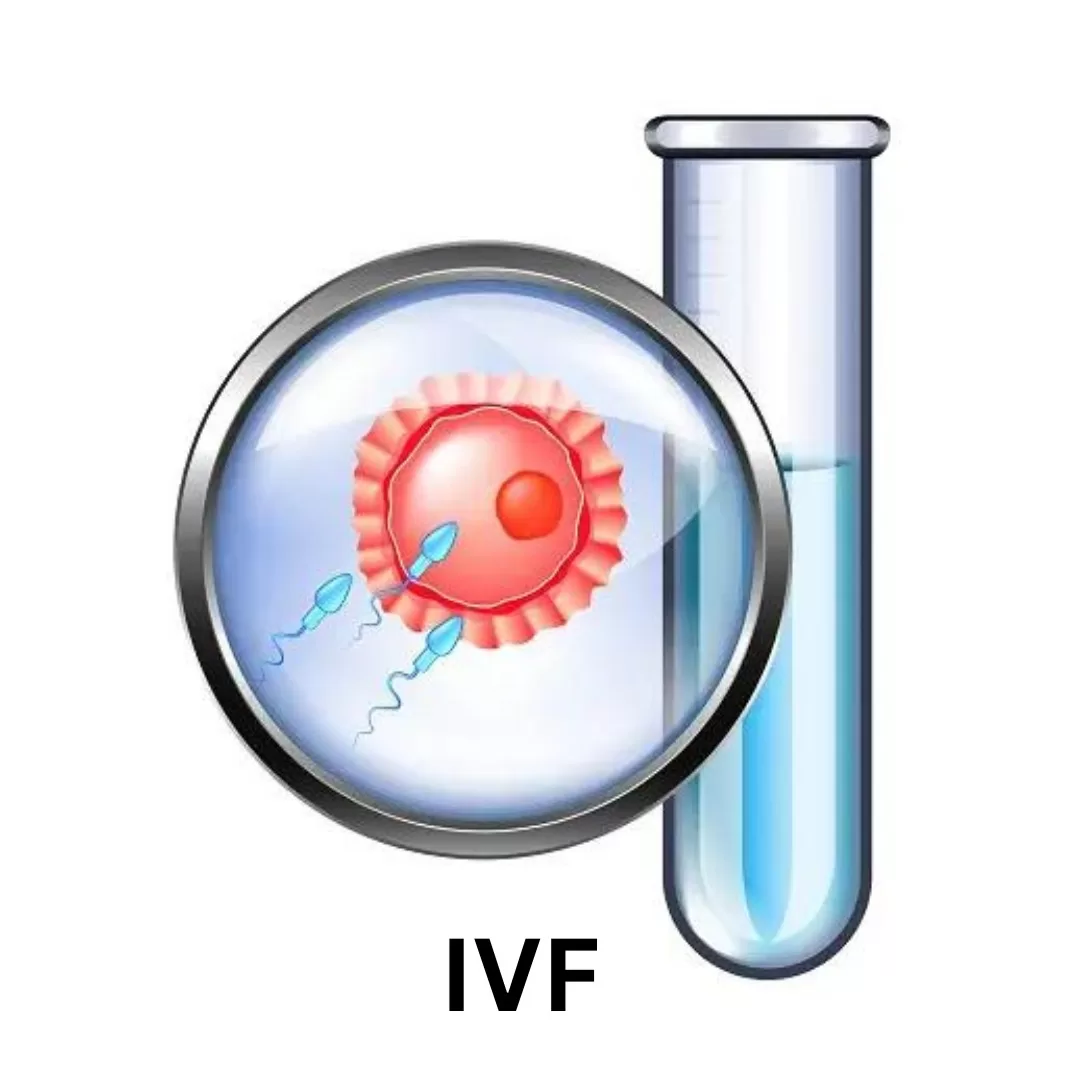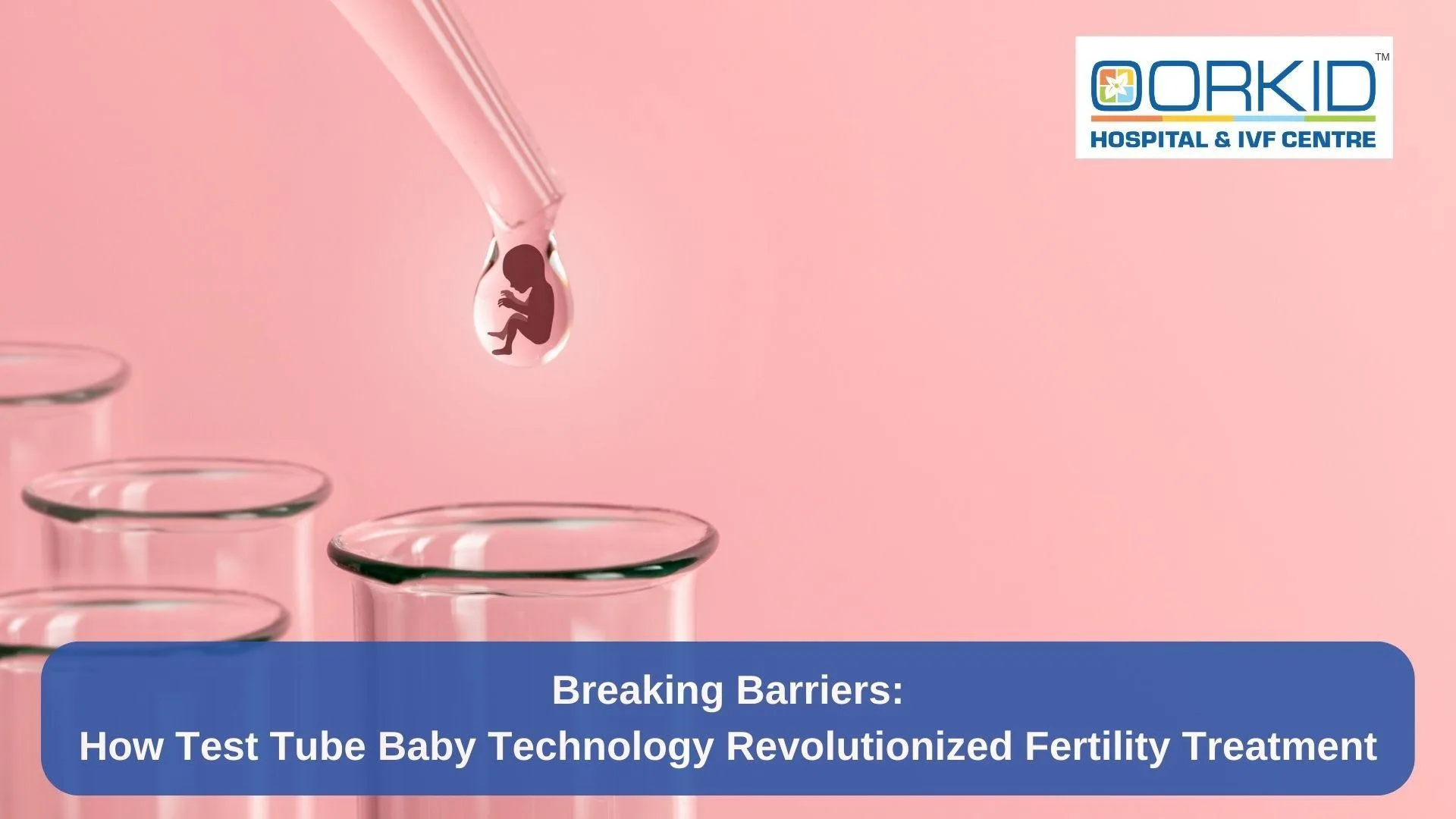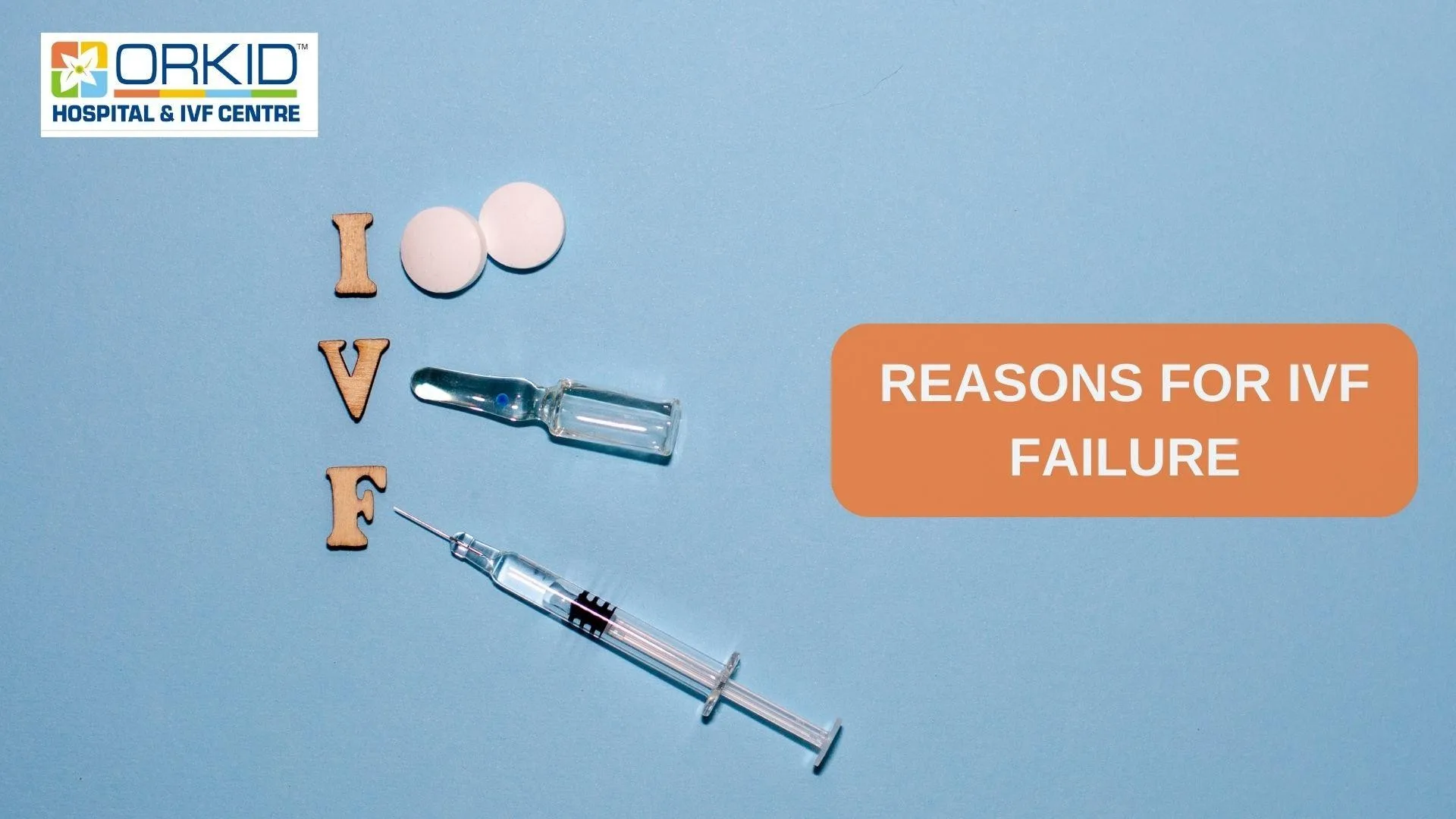All You Should Know About Polycystic Ovarian Syndrome (PCOS) and Pregnancy
Polycystic ovarian syndrome (PCOS) is a condition that affects between 6 and 15 percent of women of childbearing age. If you’re diagnosed with PCOS, it may be more difficult to become pregnant. And if you’re able to become pregnant, you’re at risk for more complications during pregnancy, labor, and delivery.
Women with PCOS are three times more likely to have a miscarriage, as compared to women who don’t have PCOS. They are also more likely to develop preeclampsia, gestational diabetes, and have a larger baby and premature delivery. This could lead to difficulty during delivery or cesarean delivery.
Risks for moms-to-be with PCOS
Having PCOS might make it harder for you to get pregnant. Hormonal imbalances might be to blame.
Women with PCOS are more likely to be obese and to rely on reproductive technology to get pregnant. One study found that 60%
of women with PCOS are obese. Almost 14 percent required reproductive technology to get pregnant.
Women with PCOS have an increased risk of developing several medical complications throughout life, including:
• insulin resistance
• type 2 diabetes
• high cholesterol
• high blood pressure
• heart disease
• stroke
• sleep apnea
• possibly an increased risk of endometrial cancer
For pregnant women, PCOS brings an increased risk of complications. This includes preeclampsia, a dangerous condition for both mother and baby-to-be. The recommended treatment to resolve symptoms is delivery of the baby and placenta. Your doctor will discuss the risks and benefits regarding timing of delivery based on the severity of your symptoms and your baby’s gestational age. If you develop preeclampsia during your pregnancy, you will have to be monitored extremely closely. Other concerns include pregnancy-induced hypertension (high blood pressure) and gestational diabetes.
Having gestational diabetes could lead to you having a larger-than-average baby. This could lead to problems during delivery. For example, larger babies are more at risk for shoulder dystocia (when the baby’s shoulder gets stuck during labor).
Most PCOS symptoms during pregnancy can be treated with careful monitoring. If you develop gestational diabetes, insulin may be required to keep your blood sugar levels stable.
Risks for baby
Unfortunately, having PCOS during pregnancy makes things a little more complicated. It will require more monitoring for both you and your baby.
The potential risks with PCOS for the baby include:
• premature birth
• large for gestational age
• imiscarriage
• lower Apgar score
If your baby is a girl, some studies have shown that there is up to a 50% chance that she will also have PCOS.
Women with PCOS are also more likely to deliver by cesarean because they tend to have larger-sized babies. Other complications may also come up during labor and delivery.
Getting pregnant with PCOS
Some women may not realize they have PCOS until they try to conceive. PCOS often goes unnoticed. But if you’ve been trying to conceive naturally for over a year, you should speak to your doctor about getting tested.
Your doctor can help you develop a plan for getting pregnant. Some strategies, such as losing weight, healthy eating, and in certain cases, medications, can increase your chances for getting pregnant.
PCOS and breast-feeding
If you’re diagnosed with PCOS, you may need to continue to manage symptoms even after pregnancy. But symptoms and severity can vary. Sometimes the hormonal fluctuations after pregnancy and breast-feeding can change the symptoms, so it may be awhile before you settle into your new “normal.”
It’s safe to breast-feed with PCOS, even if you’re on insulin medication to help control your blood sugar. Women who have gestational diabetes are at risk for developing type 2 diabetes later in life, but breastfeeding can lower that risk.
Breast-feeding has many benefits for both you and your baby, so if it fits your family, be sure to explore the options and available resources so you can have a successful breast-feeding experience.











